You are here
New Releases
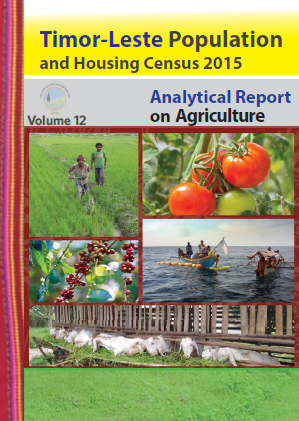
2015 Census Agriculture and Fisheries Report
This report provides an analysis of the agricultural data derived from the 2015 Timor-Leste National Population and Housing Census (NPHC) (hereafter referred to as the Census), which was conducted 11th – 12th July 2015.
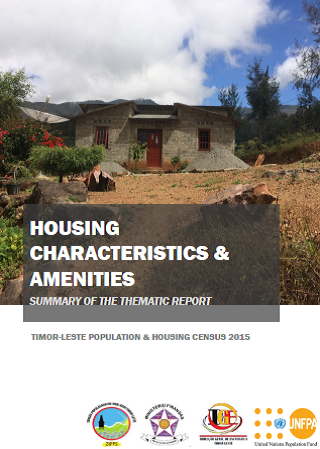
Summary of the 2015 Census Thematic Report on Housing
Since the previous Census in 2010, good progress has been made towards achieving the Millennium Development Goals, especially regarding urban water supply and sanitation. 91% of households in urban areas have access to an improved water source.
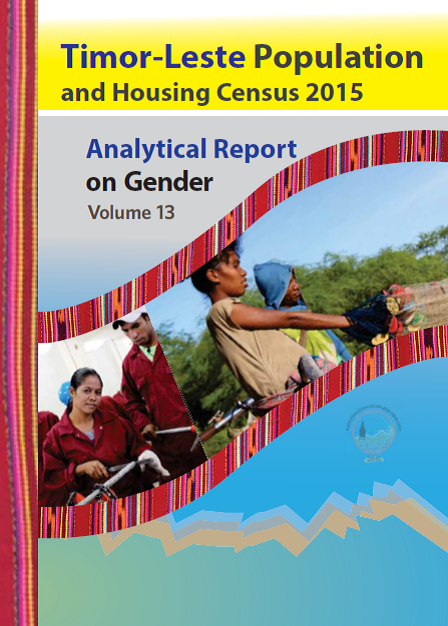
2015 Census Gender Dimensions Analytical Report
Gender equality is an enabler for achieving sustainable development in Timor-Leste. Recognized in the National Strategic Development Plan and overseen by the national women’s machinery – the Secretary of State for Equality and Inclusion (SEI) – achieving gender equality is the responsibility of all government agencies and development partners.
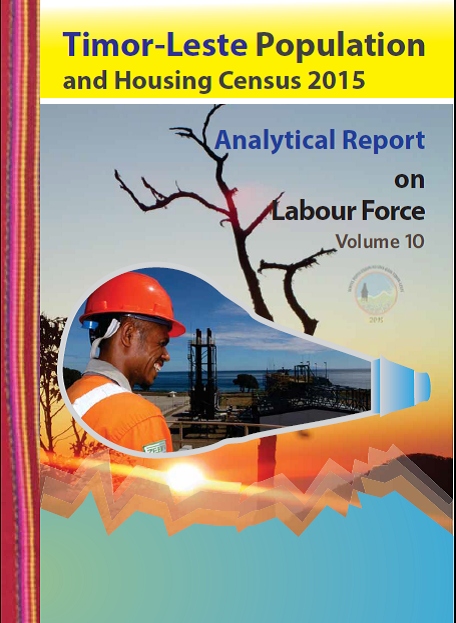
2015 Census Labour Force Report
The census provides detailed information on the economic characteristics of the working age population including employment and unemployment, status in employment, industry and occupation. The 2015 Census data are compared with the corresponding data from the 2010 Census to provide information on the labour force trends.
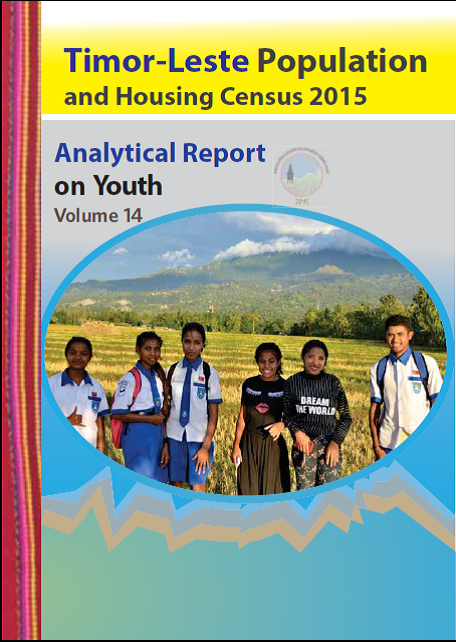
2015 Census Youth Report
The population and housing census is a valuable source of data on the people of Timor-Leste, their age, sex, education level, living conditions, and how they are contributing to the economy through paid and unpaid work. As the census collects information on every person in the country, it provides an opportunity for deeper analysis of small groups and areas, including young people.
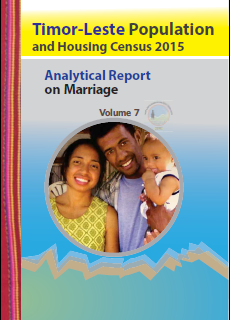
2015 Census Report on Marital Status
The singulate mean age at marriage increased from 25.8 years to 26.7 years between the 2010 and 2015 Censuses. The values were lower for females (25 years) than males (28.4 years) in the 2015 Census, but the male-female gap decreased from 4.2 years to 3.4 years between the 2004 and 2015 Censuses, demonstrating reducing gender disparities.
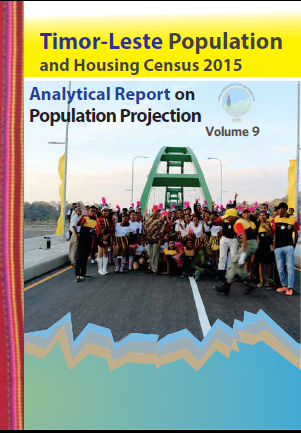
2015 Census Report on Population Projections
Population projections are empirically based calculations of the future size of the population under specified assumptions about changes in the components of population growth of fertility, mortality and migration.
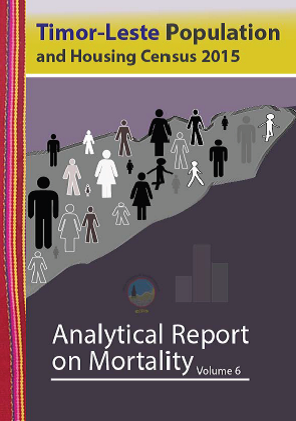
2015 Census Report on Mortality
Mortality refers to the deaths that occur in a population. Together with fertility and migration, it is one of the three demographic processes that determine population changes.
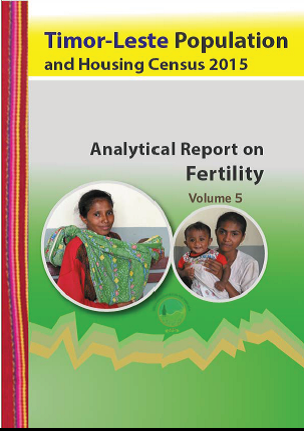
2015 Census Report on Fertility
In the 2015 Census, in comparison with the 2010 Census, there was clear evidence of a sustained decline in fertility, as was also experienced between the 2004 and 2010 Censuses.
Summary of 2015 Census thematic report on Gender
Population & Housing Census sheds light on Gender Concerns in Timor-Leste
Gender equality is an enabler for achieving sustainable development in Timor-Leste. Recognized in the National Strategic Development Plan and overseen by the national women’s machinery – the Secretary of State for Equality and Inclusion (SEI) – achieving gender equality is the responsibility of all government agencies and development partners. The census is one of several national data sets that contributes to the evidence base used to guide and monitor progress toward gender equality and social inclusion.